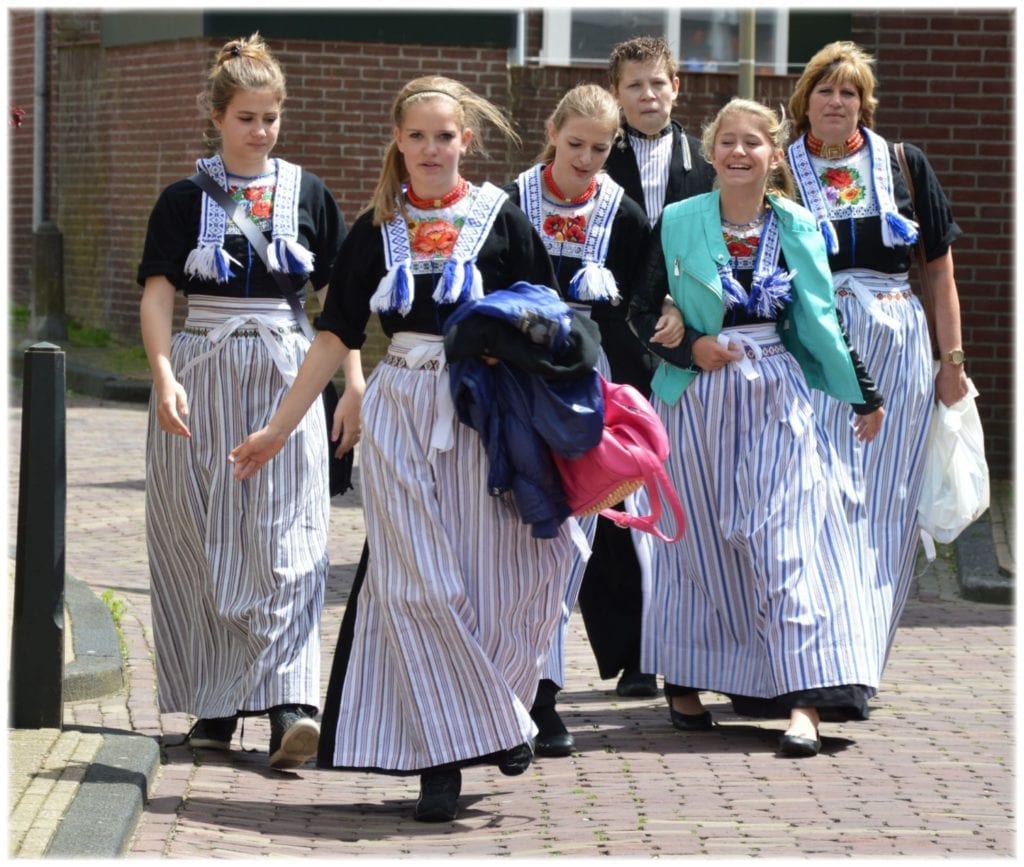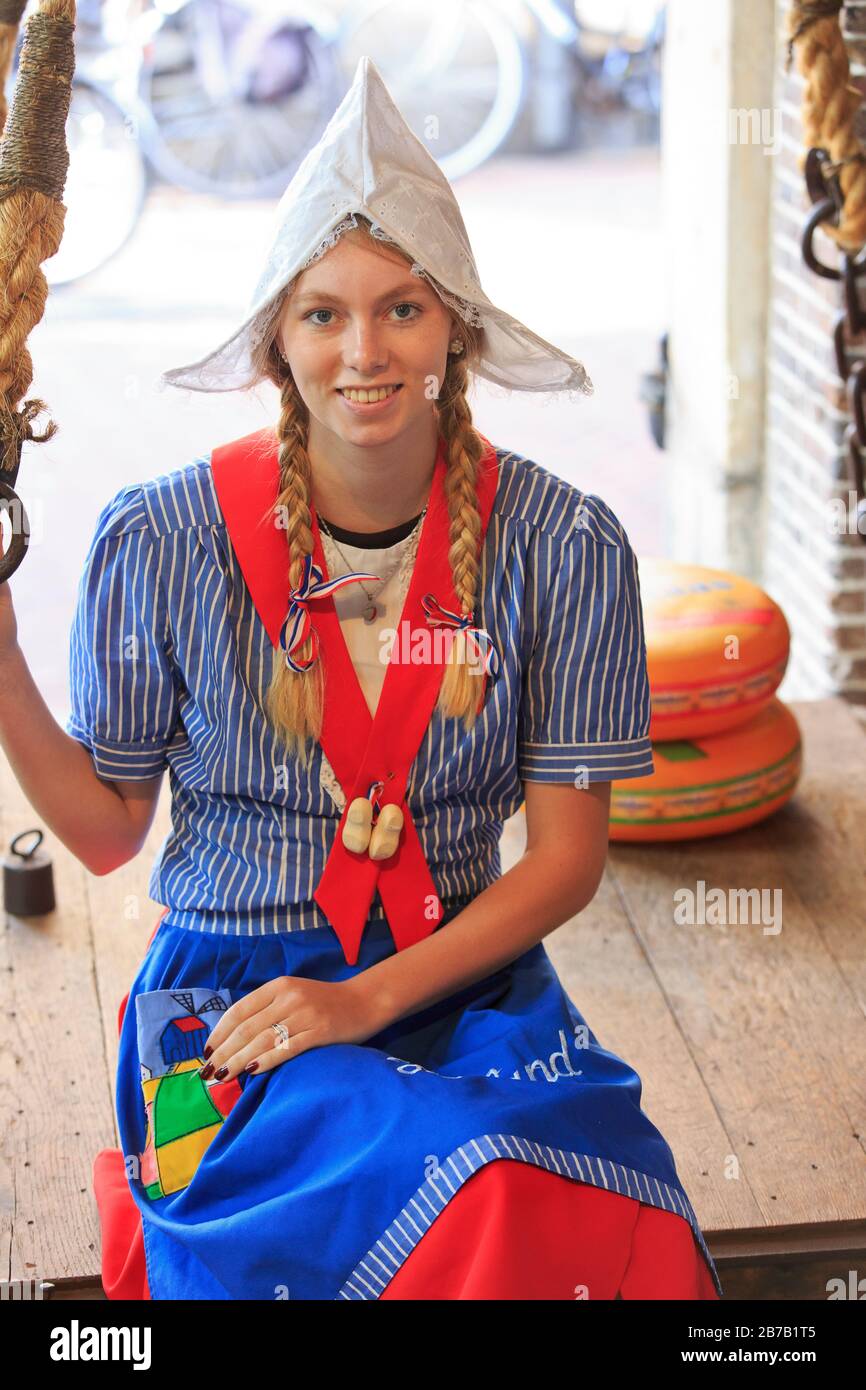Looking for Dutch Brothers Near Me can mean a few different things depending on where you are and what you're after. For some, it's about finding a local Dutch cultural group or heritage association. For others, it might be related to historical or linguistic curiosity. If you’ve ever wondered why the people of the Netherlands are sometimes called “Dutch” instead of “Netherlanders,” you’re not alone. This article dives into the origins, history, and modern-day relevance of the term, all while helping you locate local Dutch communities or resources near you.
“Dutch Brothers” can refer to a few different things—cultural groups, historical references, or even language roots. Whether you’re researching your ancestry, looking for community events, or simply intrigued by the term, this guide will walk you through everything you need to know.
So, if you're typing “Dutch Brothers near me” into your search bar and want more than just a location pin, read on. We’ve got the lowdown on what the term really means, how it came to be, and where you might find it in action today.
- Margaritaville Beach Resort South Padre Island
- Loves Timeless Melody Unraveling Billy Oceans Enduring Marriage To Judy Bayne
- How To Slide Head First Into Jaws Of
- Manassas National Battlefield Park
- Kelsey Plum Biography Net Worth Husband And 2023 Update
Table of Contents
- History of Dutch Brothers
- Why Are They Called Dutch?
- Where to Find Dutch Brothers Near Me
- Modern Day Relevance of Dutch Culture
- FAQs
History of Dutch Brothers
When people talk about “Dutch Brothers,” they sometimes refer to the shared historical roots between the Dutch and Germanic peoples. The Netherlands and Germany have a long, intertwined past. Back in the day, the term “Deutsch” referred to the Germanic tribes, and over time, the English-speaking world began using “Dutch” to refer specifically to people from the Netherlands.
So, in a way, they really are like brothers — related but not exactly the same. During the First Empire, the Kingdom of Holland was briefly established in 1806, and the region went through a series of name changes, including the Dutch Republic and the United States of Belgium (which, by the way, had nothing to do with the USA).
This shared ancestry is more than just a linguistic quirk. It helps explain why some traditions, customs, and even language roots feel familiar across both cultures, despite the differences that have grown over time.
- Kunle Afolayans Children A Legacy In Filmmaking
- Halifax Stanfield International Airport
- Understanding The Legacy Of Zaho De Sagazans Father Olivier De Sagazan
- Is Watching Porn Cheating
- Unsolved Mystery The Disappearance Of George Skiadopoulos In The Julie Scully Murder Case
Why Are They Called Dutch?
The question of why the people of the Netherlands are called “Dutch” and not “Netherlanders” or “Hollanders” is a fascinating one. Basically, it comes down to how the English language evolved. The word “Dutch” comes from the German word “Deutsch,” which was used to describe all Germanic-speaking people.
But as language changed, the English-speaking world started using “Dutch” specifically for people from the Netherlands, while “German” came to refer to those from what is now Germany. So, it’s kind of like how “Scandinavian” can refer to people from Sweden, Norway, or Denmark, but each country has its own distinct identity.
And then there's the confusion with “Holland.” Many people use “Holland” and “Netherlands” interchangeably, but technically, Holland is just two of the twelve provinces in the Netherlands — North Holland and South Holland. Those two provinces were historically powerful and influential, so their name became shorthand for the whole country.
Where to Find Dutch Brothers Near Me
If you’re searching for “Dutch Brothers near me” today, there are a few different ways to go about it. Depending on your interest, you might be looking for:
- Cultural associations or heritage groups
- Local festivals or events celebrating Dutch culture
- Language or history resources
- Historical societies or museums
A good starting point is to check local community boards, cultural centers, or even university programs that offer Dutch language or history classes. Many cities with large immigrant populations have active cultural organizations that host events, lectures, and gatherings.
You can also look into online directories or social media groups dedicated to Dutch heritage. Some popular ones include:
- Netherlands-America Foundation
- Local Dutch Cultural Association
- Facebook groups like “Dutch Heritage in the USA” or “Dutch Roots Worldwide”
If you're really into it, you might even consider visiting a Dutch cultural center or museum. Some notable ones include the Holland Museum in Michigan or the Netherlands American Cemetery in the Netherlands, which commemorates WWII connections.
Modern Day Relevance of Dutch Culture
Even though the term “Dutch Brothers” has historical roots, it still resonates today. The Netherlands continues to have strong ties with many countries, especially the United States and Germany. From trade agreements to cultural exchanges, the Dutch influence is still very much alive.
For example, Dutch architecture, design, and urban planning have influenced cities around the world. The Netherlands is also known for its progressive policies, including sustainability, cycling culture, and open dialogue on social issues.
So, whether you're looking to connect with Dutch culture for personal, academic, or community reasons, there are plenty of ways to get involved. And with the internet, finding Dutch resources or communities near you is easier than ever.
Here are some ways to stay connected:
- Attend local Dutch festivals or cultural events
- Join online Dutch language learning groups
- Explore Dutch history through documentaries or podcasts
- Follow Dutch embassies or cultural centers on social media
FAQs
What does “Dutch Brothers” mean?
“Dutch Brothers” refers to the shared historical and linguistic roots between the Dutch and Germanic peoples. It’s a way to describe their related ancestry, especially when looking at how the English language evolved to distinguish between the two groups.
Why do we say Dutch instead of Netherlander?
The term “Dutch” comes from the German word “Deutsch” and was used by English speakers to refer to people from both Germany and the Netherlands. Over time, it became more associated with the Netherlands, while “German” took on a more specific meaning.
Are Holland and the Netherlands the same thing?
Not exactly. The Netherlands is the official name of the country, while Holland refers specifically to two of its twelve provinces — North Holland and South Holland. However, many people still use the terms interchangeably, especially in casual conversation.
Related Resources:
- Unveiling The Identity Of Dwayne Anthony Jones Jr Suspect In A Murder Investigation
- Justin Chambers Family A Deep Dive Into His Wife And Children
- Greg Olsen Net Worth Biography Career Awards And More
- Kristy Swanson The Vampire Slayer Star Who Inspired A Generation
- Projekt Melodys Face Reveal On Reddit Authenticity Unmasked



Detail Author:
- Name : Destany Blick
- Username : odare
- Email : elfrieda.jakubowski@gmail.com
- Birthdate : 1986-01-19
- Address : 64908 Moen Underpass East Margarete, IN 81640-3568
- Phone : 341.930.1036
- Company : Gusikowski-Hamill
- Job : Stevedore
- Bio : Dicta et dolorum eius. Nam provident nesciunt quod blanditiis assumenda.
Socials
tiktok:
- url : https://tiktok.com/@joseph_real
- username : joseph_real
- bio : Est dolor itaque reprehenderit consequatur in quia ab.
- followers : 1392
- following : 1889
twitter:
- url : https://twitter.com/joseph.howell
- username : joseph.howell
- bio : Iure vitae ut veniam sed earum. Aut quia alias in quis debitis atque ipsum ad. Ipsam reprehenderit ullam minima. Quae provident nihil culpa aspernatur.
- followers : 5002
- following : 491
linkedin:
- url : https://linkedin.com/in/jhowell
- username : jhowell
- bio : Aut aspernatur assumenda maxime qui consequatur.
- followers : 6033
- following : 323